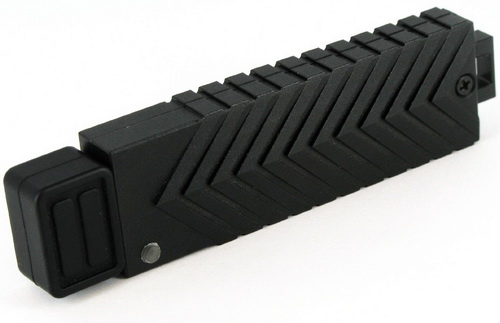INTRODUCTION
Solid state drives (SSDs) have many things in common with their "distant" cousins the typical flash drives but performance was never really one of those things mainly due to USB connectivity limitations (both hardware and software ones). This obstacle as some of you know was left behind not too long ago with the arrival of new USB 3.0 compatible controllers and the UASP (USB Attached SCSI) compatible driver found in Windows 8/8.1 since these two marked the day when manufacturers could actually squeeze the same parts found in every day SSD models inside tiny enclosures and expect similar performance results with increased capacity. Casual users have very little use for such drives however so unfortunately not many "portable" SSDs exist in the market as we speak but with the release of the T1 by Samsung and the Ventura Ultra by Mushkin (which we have here with us today) things are starting to get very interesting.
For nearly 20 years, Mushkin has been dedicated to helping overclockers, gamers, IT managers, digital artists and mobile professionals enhance their computing experience by providing reliable, high-performance products. Mushkin products include a line of Flash Memory-based products and complete selection of memory upgrades for desktops, notebooks and servers. Since the company’s founding in 1994, Mushkin has received numerous awards and commendations for quality, reliability and technical excellence.
We already mentioned that this type of USB drives feature a regular SSD inside and so that obviously includes both the NAND flash modules and the NAND flash controller. Well for the Ventura Ultra line (currently available in 60/120/240GB capacities and soon available in 480GB) Mushkin has paired one of the most popular NAND flash controllers the SF-2281 by LSI/SandForce (wear-leveling and power saving features are enabled) with high quality MLC NAND flash modules (not branded ones). This combination (always according to Mushkin) allows the 8 channel Ventura Ultra 120GB model to achieve read and write speeds of up to 445MBps and 440MBps so if these numbers are real it should have no problem competing with the Portable SSD T1 by Samsung (that's what we're here for).

 O-Sense
O-Sense








.png)

